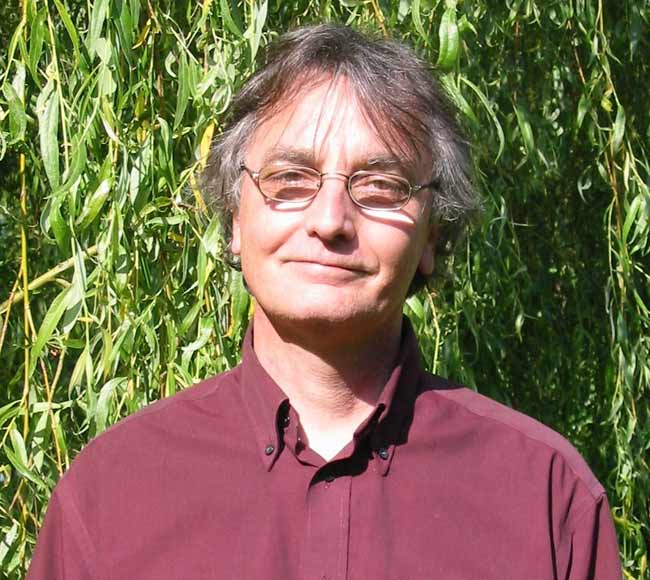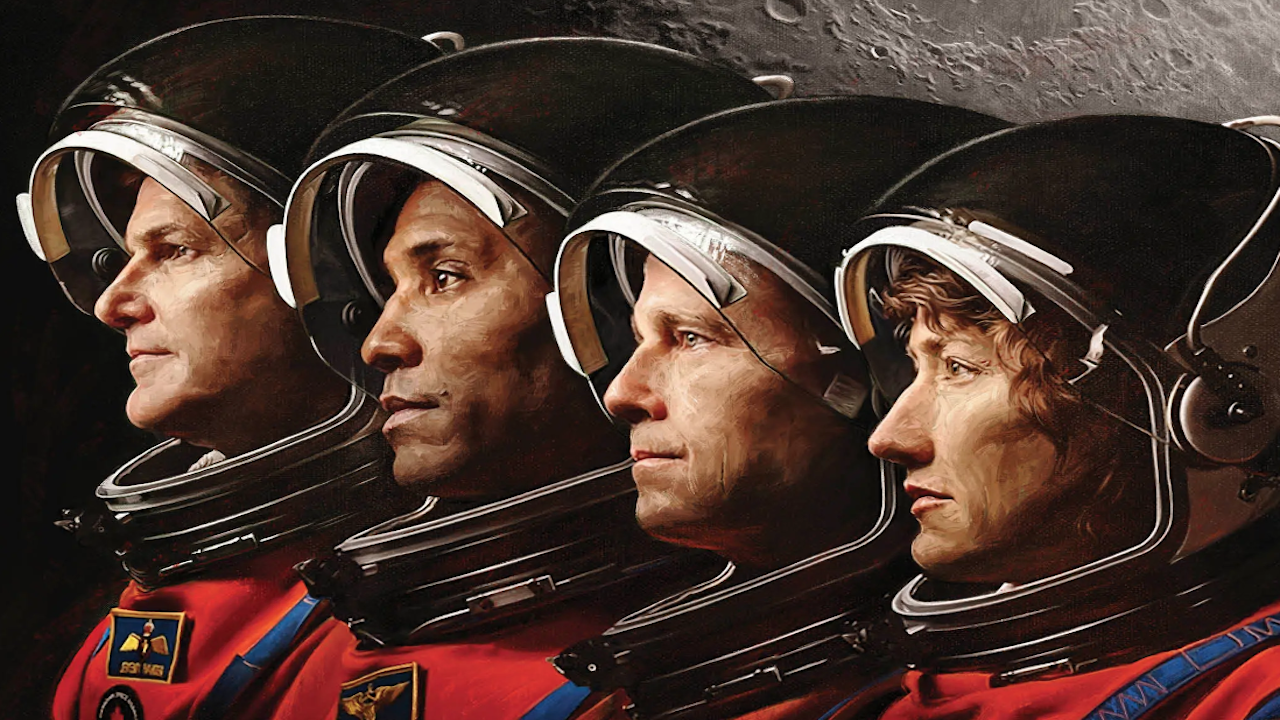Intelligence: A Rare Cosmic Commodity

Advancedground and space-based telescopes are discovering new planets around otherstars almost daily, but an environmental scientist from England believes that even if some of those planets turn out to be Earth-like, the odds arevery low they'll have intelligent inhabitants.
In a recentpaper published in the journal Astrobiology, Professor Andrew Watson ofthe University of East Anglia describes an improved mathematical model for the evolutionof intelligent life as the result of a small number of discrete steps.
Evolutionarystep models have been used before, but Watson (a Fellow of England's RoyalSociety who studied under James Lovelock, inventor of the "Gaia hypothesis")sees a limiting factor: The habitability of the Earth (and presumably, otherliving worlds) willend as the sun brightens. Like most stars, as it progresses along the mainsequence, the sun's output increases (it is believed to be about 25 percentbrighter now than when the Earth formed). Within at most 1 billion years, thiswill raise the average temperature of the Earth to 50 degrees C, rendering theplanet uninhabitable.
Fourmajor steps
Applyingthe limited lifespan to a stepwise model, Watson finds that approximately fourmajor evolutionary steps were required before an intelligent civilization coulddevelop on Earth. These steps probably included the emergence of single celledlife about half a billion years after the Earth was formed, multicellularlife about a billion and a half years later, specialized cells allowingcomplex life forms with functional organs a billion years after that, and humanlanguage a billion years later still.
Several ofthese steps agree with major transitions that have been observed in thearcheological record.
Watsonestimates the overall probability that intelligent life will evolve as theproduct of the probabilities of each of the necessary steps. In his model, theprobability of each evolutionary step occurring in any given epoch is 10percent or less, so the total probability that intelligent life will emerge isquite low (less than 0.01 percent over 4 billion years). Even if intelligentlife eventually emerges, the model suggests its persistence will be relativelyshort by comparison to the lifespan of the planet on which it developed.
Breaking space news, the latest updates on rocket launches, skywatching events and more!
Themathematical methods Watson used assume that each evolutionary step isindependent of the others, though they must occur in sequence. Watson considersthis "a reasonable first approximation for what is, after all, a veryidealized sort of model, deliberately simplified enough that the math can besolved analytically."
Criticalchanges
Watson alsosuggests that some of the critical steps may have changed the biosphereirreversibly.
Thedevelopment of photosynthetic plants, for example, led to an oxygen atmosphere,which was a necessary precursor to the development of complex land animals.Once this transition occurred, any further evolutionary step would have to takeplace in an oxygen atmosphere, which may have limited opportunities for nonoxygen-breathing life to evolve.
Watson saysin the conclusion to his paper: " ... only on those rare planets on which complex creatures happen toevolve can there exist observers who ask questions about evolution and careabout the answers." Asked if an advanced, space-faring civilization mightbe able to survive the brightening of its star by migrating off the planetwhere it evolved, Watson agrees that's possible: "the model predicts onlywhen 'intelligence' can arise based on the time available. Once the observersexist, they might do all manner of things to find new places to live."
Seth Shostak,Senior Astronomer at the SETI Institute, had this comment on Watson's work: "Wehave, of course, only one example of intelligent life (indeed, of life of anytype). That means we cannotpossibly estimate from this single instance what is the probability of lifeon other worlds unless we are completely confident we understand all therelevant evolutionary processes. Watson argues that intelligent life will bedismayingly rare: there is no way to prove that is true. On the other hand, ifthe converse is the case — if the galaxy is home to many intelligences — that isamenable to proof. We should do the experiment."
- Video Player: Looking For Life
- Aliens Depend on Time to Grow Brains
- Delayed Gratification Zones
